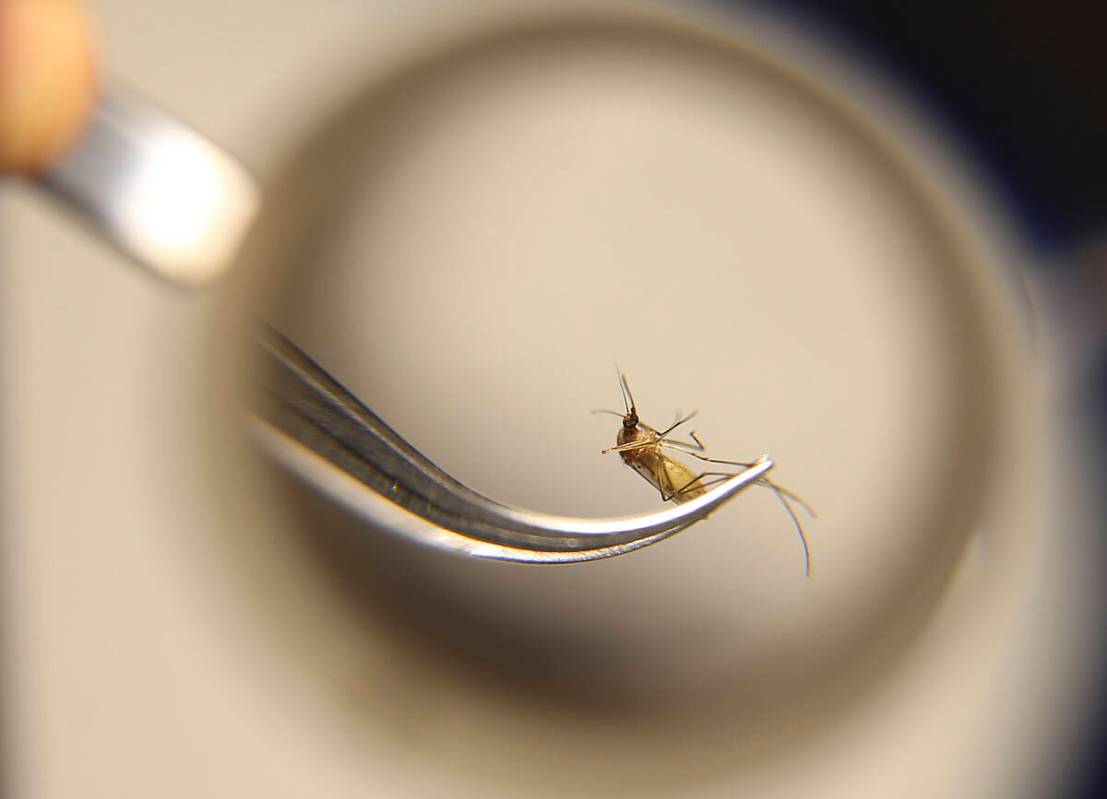
As temperatures rise, officials from the Nevada Department of Agriculture are reminding horse owners about the importance of vaccinating against West Nile Virus.
The mosquito-borne disease, according to the NDA, can cause serious illness targeting a horse’s brain, spinal cord and nervous system.
The disease can also be transmitted to humans from infected mosquitoes.
The NDA monitors West Nile Virus and other diseases carried by mosquitoes throughout the state to ensure the protection of public health and the agriculture industry, a news release stated.
“The NDA tests sample pools of mosquitoes throughout Nevada to monitor for diseases like West Nile Virus,” Animal Disease Laboratory Supervisor Laura Morrow said. “The Animal Disease Laboratory, surveys and tests for these diseases and reports the results to local health departments and vector control agencies.”
Taking precautions such as using insect repellents, eliminating mosquito-breeding sites including standing water and keeping horses vaccinated against West Nile Virus and Equine Encephalitis is strongly encouraged for all horse owners.
NDA Director J.J. Goicoechea encourages horse owners to work with their veterinarians to develop an effective management plan, which should include the proper vaccination of animals.
Timely vaccination and decreasing possible exposure to mosquitoes is an effective way to prevent mosquito-borne diseases.
“Eliminating unnecessary standing water around barns and residences along with the use of deterrents can help keep mosquitoes away from people and animals,” Goicoechea said.
Potentially fatal
Both the virus and Equine Encephalitis have been detected in Nevada, and can cause significant illness and death in both horses and humans.
West Nile Virus and Equine Encephalitis must be reported to the Nevada Department of Agriculture.
According to the Centers of Disease Control, roughly one out of 150 infected humans develop a serious, and sometimes fatal illness.
To reduce risks of exposure, the agency advises using insect repellent and wearing long-sleeved shirts and long pants to prevent mosquito bites.
Contact reporter Selwyn Harris at sharris@pvtimes.com. On Twitter: @pvtimes